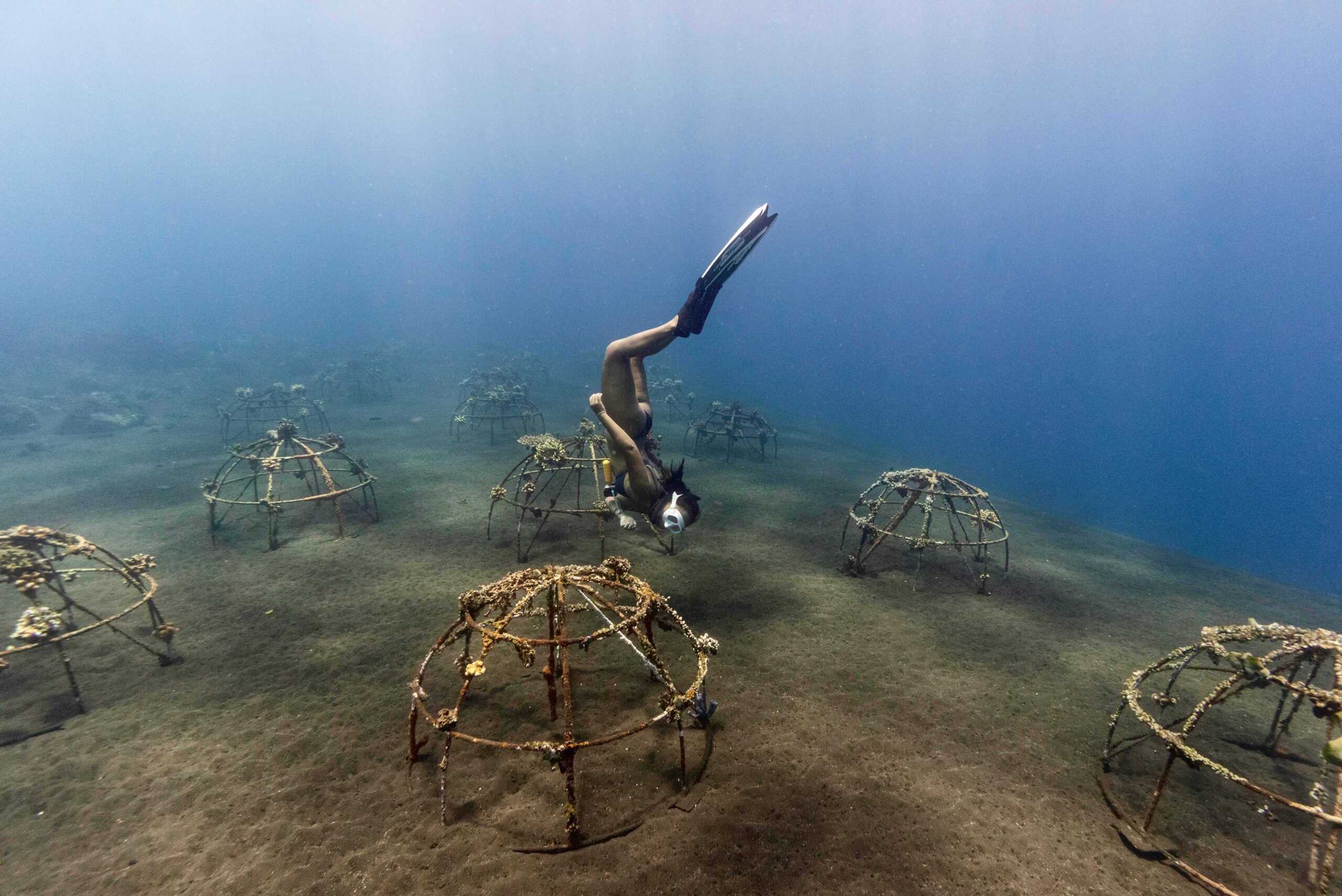As humanity ventures deeper into space, the need for ecological safeguards beyond Earth’s atmosphere has never been more critical. International cooperation through treaties offers the framework for protecting celestial environments.
🌍 The New Frontier: Why Space Needs Environmental Protection
Space exploration has evolved from a competitive race between superpowers to a collaborative endeavor involving nations, private corporations, and commercial entities. This transformation brings unprecedented opportunities but also significant environmental challenges that transcend national boundaries. The cosmos, once considered an infinite void immune to human impact, now faces threats from debris accumulation, resource exploitation, and potential contamination of pristine celestial bodies.
The concept of space ecology encompasses the preservation of extraterrestrial environments, the management of human activities beyond Earth, and the sustainable utilization of space resources. Unlike terrestrial environmental issues confined within geographic borders, space ecological challenges require coordinated international responses. A single nation’s irresponsible actions in orbit can create cascading effects that endanger satellites, missions, and future exploration efforts for all humankind.
Current estimates suggest over 34,000 pieces of space debris larger than 10 centimeters orbit Earth, with millions of smaller fragments creating a hazardous environment for spacecraft. This growing problem demonstrates how individual actions in space create collective consequences, underscoring the necessity for binding international agreements that establish shared responsibility and accountability.
📜 The Foundation: Existing International Space Law
The Outer Space Treaty of 1967 serves as the constitutional framework for international space law, establishing fundamental principles that continue to guide space activities. This landmark agreement, ratified by over 110 countries, declares that outer space shall be free for exploration and use by all nations, that celestial bodies cannot be claimed by sovereignty, and that space activities must be conducted for the benefit of all countries.
However, the treaty was crafted during an era when space activities were limited to governmental entities with massive budgets. The framers could not have anticipated the explosion of commercial space ventures, satellite constellations comprising thousands of units, or the realistic prospect of asteroid mining and lunar resource extraction. These developments expose significant gaps in the existing legal framework.
The Moon Agreement of 1979 attempted to address resource exploitation by declaring the Moon and its natural resources the “common heritage of mankind,” but its limited ratification by major spacefaring nations has rendered it largely ineffective. This failure highlights a critical tension between idealistic principles of shared benefit and the practical economic interests driving contemporary space activities.
The Liability Convention and Registration Convention
Two additional treaties complement the foundational Outer Space Treaty: the Liability Convention (1972) and the Registration Convention (1976). The Liability Convention establishes that launching states bear absolute liability for damage caused by their space objects on Earth’s surface or to aircraft, and fault-based liability for damage in space. The Registration Convention requires states to maintain registries of space objects and provide information to the United Nations.
While these treaties provide important accountability mechanisms, enforcement remains challenging. Determining liability for space debris collisions or environmental contamination involves complex technical assessments and often lacks clear attribution. The international community needs enhanced mechanisms for monitoring, verification, and dispute resolution specific to ecological concerns in space.
🛰️ The Orbital Crisis: Space Debris and Ecological Sustainability
The accumulation of space debris represents the most immediate ecological challenge facing the space environment. Every satellite launch, every defunct spacecraft, and every collision adds to this growing problem. The Kessler Syndrome, a theoretical scenario in which the density of objects in low Earth orbit becomes so high that collisions trigger cascading debris generation, threatens to render certain orbital regions unusable for generations.
International treaties addressing space debris remain inadequate. While the Inter-Agency Space Debris Coordination Committee has developed mitigation guidelines, these remain voluntary and lack enforcement mechanisms. Some nations have incorporated these guidelines into national licensing requirements, creating a patchwork of regulations rather than unified international standards.
The ecological implications extend beyond operational hazards. Space debris poses risks to Earth’s upper atmosphere through chemical reactions from decaying materials and the potential for toxic substances to eventually re-enter and contaminate terrestrial environments. Establishing binding international agreements on debris mitigation, active debris removal, and end-of-life satellite disposal has become essential for maintaining the space environment as a sustainable resource.
Mega-Constellations and Cumulative Environmental Impact
The deployment of mega-constellations consisting of thousands of satellites raises novel ecological concerns. These systems, while promising global internet connectivity, dramatically increase conjunction risks, complicate astronomical observations, and alter the visual character of the night sky—an aspect of Earth’s environment that humanity has experienced unchanged throughout history.
Current international law provides no framework for assessing the cumulative environmental impact of such large-scale deployments. Individual satellites may comply with existing guidelines, but the aggregate effect of thousands operating simultaneously creates qualitatively different challenges. New treaty provisions must address how to evaluate and manage these cumulative impacts while balancing the societal benefits these systems provide.
🌙 Planetary Protection: Preserving Pristine Environments
As exploration missions target Mars, Europa, Enceladus, and other potentially habitable worlds, planetary protection becomes paramount. The scientific value of these pristine environments could be irreversibly compromised by biological contamination from Earth. Conversely, returning samples from these bodies without proper containment could theoretically introduce extraterrestrial organisms to Earth’s biosphere.
The Committee on Space Research (COSPAR) has developed planetary protection guidelines categorizing missions by their contamination risk and prescribing corresponding safeguards. However, these guidelines remain recommendations rather than legally binding requirements. As private entities increasingly pursue interplanetary missions, the voluntary nature of these protocols becomes problematic.
International treaties must evolve to mandate planetary protection standards with verification and enforcement mechanisms. The potential for commercial exploitation of celestial resources adds urgency to this need. Mining operations, habitation modules, and industrial facilities on the Moon or Mars could irreversibly alter these environments before their scientific mysteries are fully understood.
The Ethics of Extraterrestrial Environmental Rights
Emerging discussions in space ethics propose that celestial bodies may possess intrinsic value beyond their utility to humanity. This perspective challenges the anthropocentric framework underlying current space law, suggesting that pristine extraterrestrial environments deserve protection regardless of their immediate human benefit. While philosophically contentious, this view influences growing calls for designated wilderness areas on the Moon and Mars.
International treaties incorporating ecological preservation principles could establish protected zones, analogous to national parks or wildlife reserves on Earth. Such provisions would require unprecedented international cooperation and enforcement but could ensure that space exploration proceeds with appropriate reverence for the environments encountered.
⚖️ Governance Challenges: Sovereignty, Commerce, and Compliance
The fundamental principle that outer space is not subject to national appropriation creates unique governance challenges for space ecology. No single authority possesses jurisdiction to enforce environmental standards. The United Nations Office for Outer Space Affairs facilitates coordination but lacks regulatory or enforcement powers. This governance vacuum becomes increasingly problematic as space activities proliferate.
Commercial space ventures complicate this landscape further. Private companies operate under national licensing regimes that vary significantly in their environmental requirements. A race to the bottom could emerge, with companies seeking licenses from jurisdictions with minimal regulatory burdens. International treaties establishing baseline environmental standards applicable to all actors, regardless of national origin, become essential to prevent such regulatory arbitrage.
Compliance verification presents technical and political challenges. Unlike terrestrial environmental monitoring, space activities occur in domains with limited observation capabilities. Developing international monitoring systems, potentially leveraging space-based sensors and data-sharing protocols, would enhance transparency and accountability. Treaties must balance verification needs with legitimate concerns about commercial confidentiality and national security.
🔬 Scientific Cooperation: Building Blocks for Effective Treaties
Effective international treaties for space ecology require robust scientific foundations. Ongoing research into space environment characterization, debris modeling, contamination detection, and ecological impact assessment provides the evidence base for policy development. International scientific collaboration, exemplified by organizations like COSPAR and the International Astronautical Federation, creates networks of expertise that inform treaty negotiations.
Scientific cooperation also builds trust among nations, facilitating the diplomatic relationships necessary for successful treaty implementation. Joint research missions, shared data repositories, and collaborative monitoring systems create interdependencies that incentivize compliance and mutual accountability. Treaties should incorporate mechanisms for continuous scientific input, allowing regulations to adapt as understanding of space ecological systems evolves.
The role of emerging spacefaring nations deserves particular attention. Countries developing space capabilities bring diverse perspectives and priorities to international discussions. Inclusive treaty frameworks that accommodate various development levels while maintaining essential ecological standards will prove more durable than exclusive agreements among established space powers.
💡 Innovative Legal Mechanisms for Space Environmental Protection
Traditional treaty structures may prove insufficient for the dynamic challenges of space ecology. Innovative legal mechanisms could enhance effectiveness and adaptability. Performance-based standards, rather than prescriptive regulations, could accommodate technological innovation while ensuring environmental outcomes. Market-based mechanisms, such as tradable permits for orbital slots or debris generation, might harness economic incentives for environmental stewardship.
Liability and insurance requirements offer another avenue for environmental protection. Requiring space operators to demonstrate financial responsibility for potential environmental damage creates economic incentives for risk reduction. International agreements establishing minimum insurance coverage levels and standardized damage assessment methodologies would ensure consistency across jurisdictions.
Dispute resolution mechanisms specifically designed for space ecological issues could expedite conflict resolution and establish precedents guiding future behavior. An International Space Environmental Court or arbitration panel with technical expertise could adjudicate claims more effectively than general international courts lacking specialized knowledge.
The Precautionary Principle in Space Activities
Applying the precautionary principle—which holds that lack of complete scientific certainty should not postpone measures to prevent environmental harm—to space activities remains controversial. Space exploration inherently involves unknowns, and overly cautious approaches could stifle beneficial activities. However, certain activities with potentially irreversible consequences, such as altering planetary atmospheres or introducing Earth life to pristine environments, warrant precautionary approaches.
International treaties could establish a tiered framework applying different levels of precaution based on activity type and potential impact. High-risk activities would require comprehensive environmental assessments and multilateral approval, while routine operations could proceed under standardized best practices. This balanced approach respects both environmental protection and continued space development.
🌐 The Path Forward: Building Consensus for Space Ecological Protection
Developing effective international treaties for space ecology requires navigating complex political, economic, and technical landscapes. The process demands sustained diplomatic engagement, inclusive participation, and willingness to balance competing interests. Recent initiatives, such as the Artemis Accords, demonstrate both progress and limitations in building multilateral consensus on space governance issues.
The Artemis Accords, while not a treaty in the traditional sense, establish principles for lunar exploration including transparency, interoperability, and the extraction and utilization of space resources. However, their selective participation and focus on lunar activities leave broader ecological concerns unaddressed. Comprehensive treaties must build upon such initiatives while expanding scope and enhancing enforceability.
Civil society organizations, academic institutions, and industry associations play crucial roles in shaping public discourse and generating momentum for treaty development. Public awareness of space ecological issues remains limited compared to terrestrial environmental concerns. Education and advocacy efforts highlighting the interconnections between space activities and Earth’s environment can build political will for stronger international agreements.

🚀 Securing the Cosmic Commons for Future Generations
The imperative for international treaties protecting space ecology extends beyond immediate practical concerns. How humanity conducts itself in space reflects our values and aspirations as a species. Approaching the cosmos with ecological consciousness demonstrates wisdom and maturity, acknowledging that expansion into space should not replicate the environmental mistakes committed on Earth.
Future generations will inherit the space environment shaped by today’s decisions. Orbital regions rendered unusable by debris, celestial bodies contaminated by careless exploration, or ecosystems disrupted by resource extraction represent legacies of irreversible harm. International treaties establishing ecological safeguards constitute an investment in humanity’s long-term space future.
The challenges facing space ecology are formidable but not insurmountable. International cooperation has successfully addressed complex global issues before, from ozone depletion to nuclear non-proliferation. The same spirit of collaboration that enabled the initial Outer Space Treaty must be rekindled and strengthened for contemporary challenges. By working across borders and transcending narrow national interests, the international community can establish governance frameworks ensuring that space remains accessible, sustainable, and ecologically sound.
The cosmic frontier beckons with extraordinary possibilities for scientific discovery, economic development, and human expansion. Realizing this potential sustainably requires vision, commitment, and the legal architecture provided by robust international treaties. Space ecology is not a constraint on exploration but rather the foundation ensuring that exploration continues indefinitely, benefiting current and future generations throughout the solar system and beyond.
Toni Santos is an exoplanet-researcher and space-ecology writer exploring how alien biosphere models, astrobiology frontiers and planetary habitability studies redefine life beyond Earth. Through his work on space sustainability, planetary systems and cosmic ecology, Toni examines how living systems might emerge, adapt and thrive in the wider universe. Passionate about discovery, systems-design and planetary life, Toni focuses on how ecology, biology and cosmology converge in the exoplanetary context. His work highlights the frontier of life’s possibility — guiding readers toward the vision of ecosystem beyond Earth, connection across worlds, and evolution of consciousness in cosmic habitat. Blending astrobiology, ecology and system theory, Toni writes about the future of living worlds — helping readers imagine how life, planet and purpose might converge beyond our Earth. His work is a tribute to: The exploration of life in exoplanetary systems and the unknown biospheres The vision of space habitability, sustainability and planetary design The inspiration of universal ecology, cosmic connection and evolutionary potential Whether you are a scientist, dreamer or world-builder, Toni Santos invites you to explore the exoplanetary frontier — one world, one biosphere, one insight at a time.




